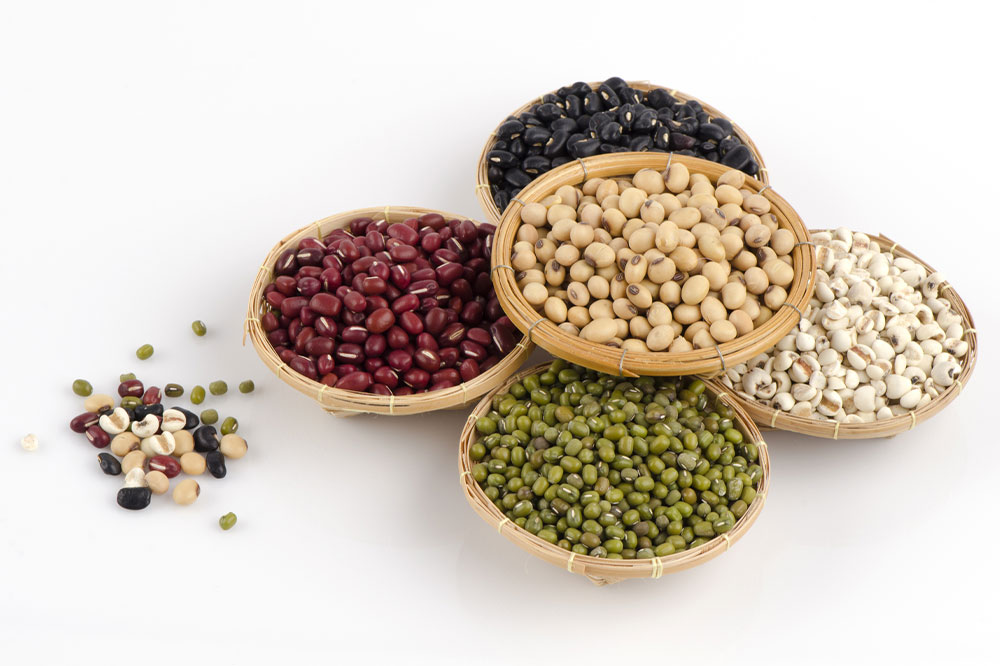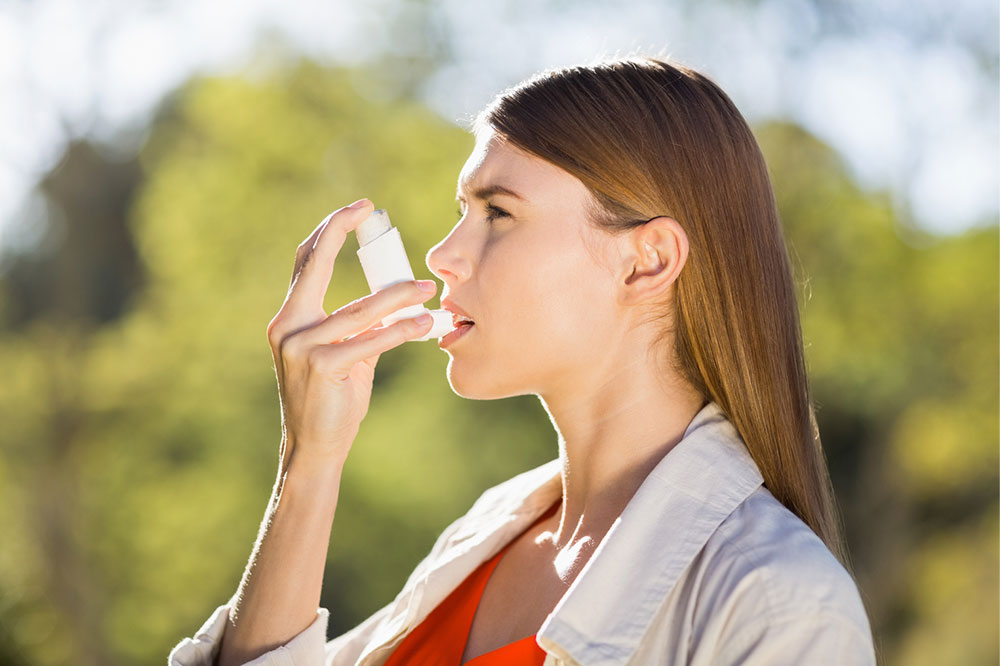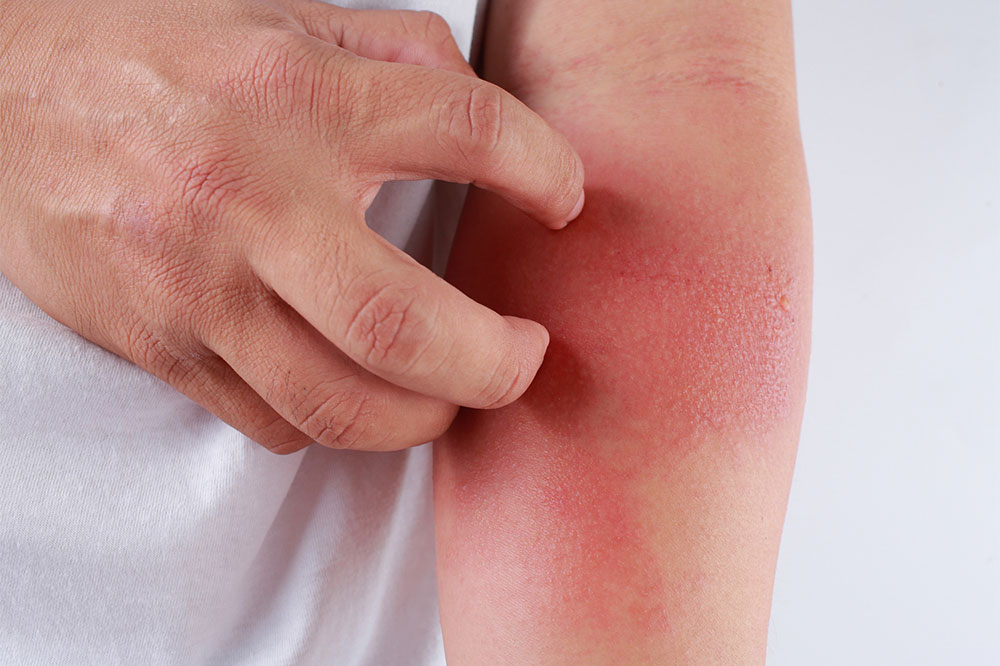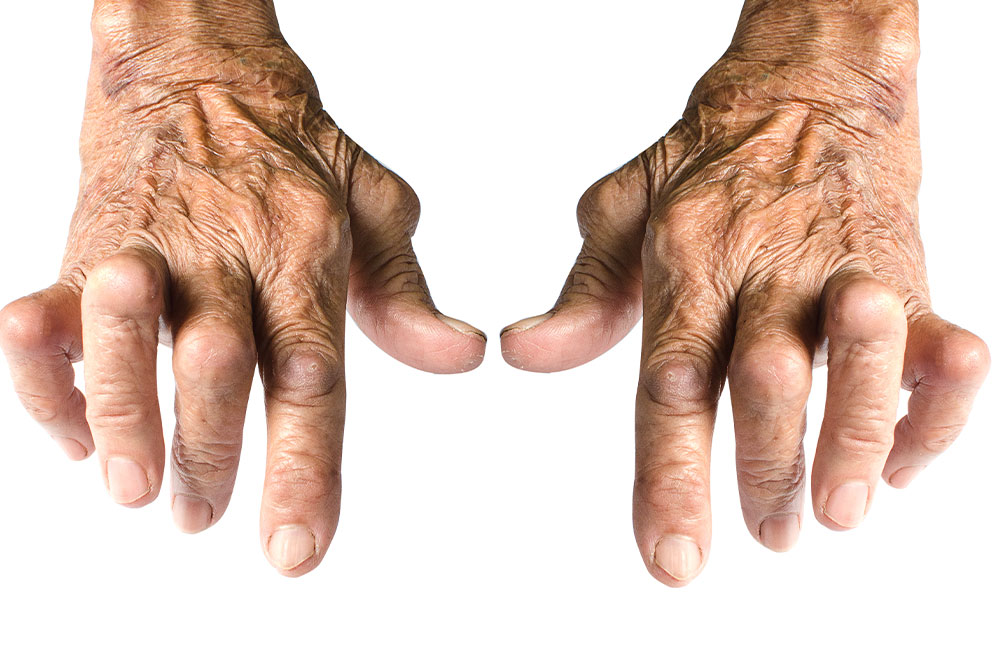5 foods that may help lower prostate cancer risk
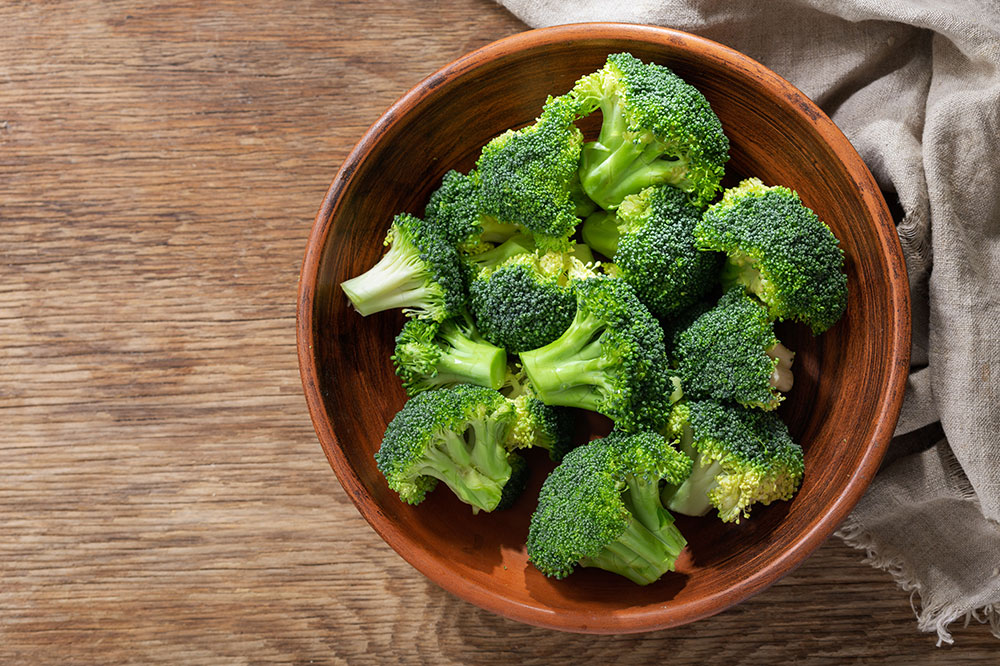
Prostate cancer occurs in the prostate, the gland that produces seminal fluid to nourish and transport sperm. It is one of the most common cancer types and is generally confined to the gland. Nutrition can help reduce prostate cancer incidence and manage cancer progression risk. Eating healthy is associated with increased energy levels, improved recovery, and an enhanced immune system. Therefore, here are the top 5 foods to eat for better management:
Berries
Berries, such as strawberries, blackberries, blueberries, and raspberries, are a great source of antioxidants known as anthocyanins. These antioxidants help to neutralize and remove free radicals, which cause oxidative stress in the body, thus aiding in the process of proper DNA replication for new cells and reducing the risk of prostate cancer.
Cruciferous vegetables
Cruciferous vegetables such as broccoli, cabbage, bok choy, kale, cauliflower, and Brussels sprouts are rich in antioxidants, vitamins, minerals, and phytochemicals. Broccoli is also a prostate superfood, as it contains glucoraphanin, a phytochemical that can target and prevent cancer growth. Cruciferous vegetables have also been linked to lower levels of inflammation, thus reducing the risk of prostate cancer.
Fish
Cold-water fish like salmon, snapper, sardines, and trout contain good fats (omega-3 fatty acids) that ease inflammation. Research has found that inflammation is a dangerous condition that may exacerbate the occurrence of cancer cells in the body.
At the same time, it is essential to note that not all fish have the same impact on our bodies. For example, some fish, such as canned tuna, shrimp, lobster, scallops, and others, may cause inflammation.
However, plant-based protein options may be ideal for vegetarians. For example, research among those with localized prostate cancer has shown that those who replaced animal fat with vegetable fat had a reduced chance of dying from cancer.
Coffee and tea
Green tea is a rich source of antioxidants such as catechins, known for their anti-carcinogenic and anti-mutagenic properties. According to research, those who drink seven or more cups of green tea daily have a decreased risk of prostate cancer.
While research on coffee is still in its nascent stages, experts suggest that drinking one or two cups of coffee daily can help prevent prostate cancer. At the same time, it is essential to remember to keep sugar at a minimum when consuming coffee or tea.
Cooked tomatoes
Lycopene is a powerful antioxidant found in the cell walls of tomatoes. Cooking the tomato loosens the bond, making it easier for the body to absorb the antioxidant. Foods like tomato sauce, juice, and paste can help the body make the most of this antioxidant. Eating tomatoes cooked in olive oil is another excellent way of helping the body absorb lycopene.
Conclusion
Overall, scientists and experts recommend eating healthy food. This includes colorful vegetables, whole grains, moderate amounts of animal-based protein (supplemented with beans, nuts, soy, and some fish), and minimal sugar and processed carbohydrates. In addition, high amounts of fatty, processed foods and red meats can increase insulin resistance, inflammation, cardiovascular risk, and risk of developing prostate cancer.
